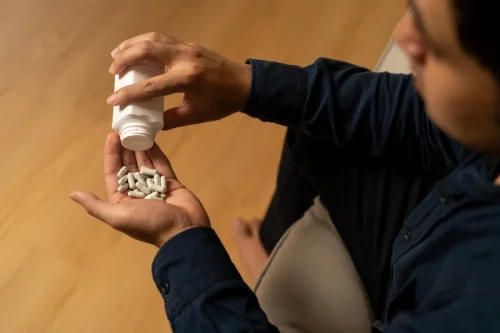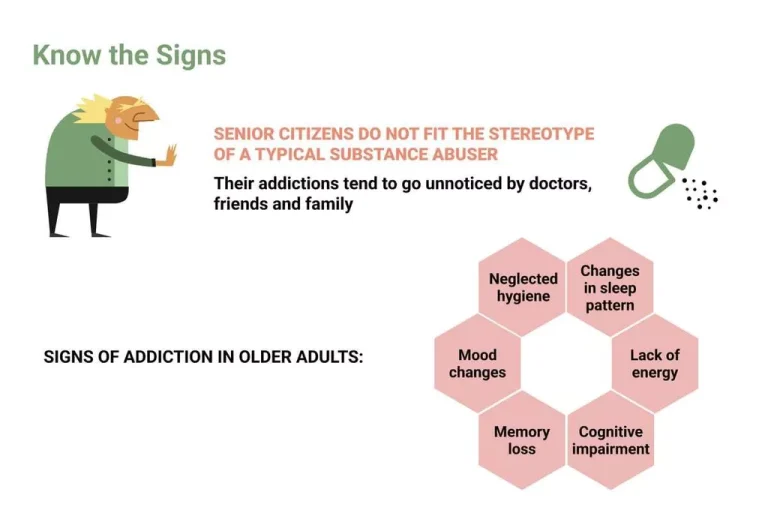Chưa có sản phẩm trong giỏ hàng.
Sober living
Alcoholic Neuropathy: Causes, Symptoms, & Treatments

This may help prevent drug dependence and other side effects of chronic use. Uniquely, Vittadini and colleagues found a relationship between the type of alcohol consumed and neuropathy. Specifically, the study demonstrated worse NCS study dysfunction amongst wine drinkers, than those who drank beer or spirits alone [6]. The authors point out that this could be an anomaly due to the wine drinkers consuming more ethanol than other alcohol abusers but offer an alternative explanation that wine may contain more toxic impurities than other beverages. Due to the breadth of the literature surrounding this topic, this review shall focus exclusively upon peripheral neuropathy, without discussing autonomic neuropathy. Alcoholic neuropathy is nerve damage caused by the toxic effect of alcohol on nerves.
- Reduced recruitment pattern of motor units was a frequently reported outcome [16, 28, 67, 70].
- The exact mechanism behind alcoholic neuropathy is not well understood, but several explanations have been proposed.
- You can also find treatment facilities nationwide using the Substance Abuse and Mental Health Services Administration’s FindTreatment.gov website.
- Alcohol-related neurologic disease refers to a range of conditions caused by alcohol intake that affect the nerves and nervous system.
- It’s not completely clear why some people are more prone to this complication than others.
- The symptoms deteriorate through touch and pressure which intensify pain while standing or walking [124].
Role of caspases in alcoholic neuropathy
Even though much research was done in this area, still we do not have a full understanding of the mechanism of alcoholic neuropathy. These include direct or indirect effects of alcohol metabolites, impaired axonal transport, suppressed excitatory https://ecosoberhouse.com/ nerve pathway activity, or imbalance in neurotransmitters. Activation of spinal cord microglia, mGlu5 spinal cord receptors, and hypothalamic-pituitary-adrenal axis also seem to be implicated in the pathophysiology of this alcoholic neuropathy.

Physical Therapy

Keeping this disease process high on the differential with the right history is essential. Progression of the disease leads to symmetrical ascending motor and sensory deficits. Both the toxicity of alcohol and nutritional deficiencies have been linked with alcoholic neuropathy, which is one of the most common but least recognizable consequences of heavy alcohol use. Learn more about this condition, including its symptoms, how it’s treated, and ways to cope. Alcoholic neuropathy is a condition in which the nerves become damaged as a result of years of heavy alcohol consumption.
Nutritional factors responsible for alcoholic neuropathy (indirect toxicity)

This disease typically occurs in chronic alcoholics who have some sort of nutritional deficiency. Treatment may involve nutritional supplementation, pain management, and abstaining from alcohol. Coasting is a major feature of alcoholic neuropathy, largely due to chronic alcohol abuse.
How Does Alcohol Impact Neurological Health?
Treatment is directed toward stopping further damage to the peripheral nerves and returning to normal functioning. These can be achieved by alcohol abstinence, a nutritionally balanced diet supplemented by all B vitamins, and rehabilitation. However, in the setting of ongoing ethanol use, vitamin supplementation alone has not been convincingly shown to be sufficient for improvement in most patients. Based on these studies, it can be determined that there is a high rate of peripheral neuropathy amongst chronic alcohol abusers.
What is alcoholic neuropathy muscle weakness?
- Thus, it is quite possible that chronic alcohol consumption is responsible for inducing neuropathy by activation of the caspase cascade and may be an important target for the treatment of alcoholic neuropathy.
- It also discusses treatment options, including how to get help for alcohol use disorder.
- Lamotrigine was effective in relieving central post stroke pain [121] and painful diabetic polyneuropathy [122], but recent larger studies have failed to show a pain relieving effect in mixed neuropathic pain [123] and painful polyneuropathy [124].
- N-acetylcysteine may have application in the prevention or treatment of neuropathy.
The treatment rests on abstinence from alcohol and the replacement of key nutrients. Unfortunately, patient compliance is poor, and the condition often progresses, leading to poor quality of life. The primary aim of this systematic review was to establish the prevalence, character, and risk factors of peripheral neuropathy amongst chronic alcohol abusers and to identify the most appropriate management strategies. A systematic, computer-based search was conducted using the PubMed database. 87 articles were included in this review, 29 case–control studies, 52 prospective/retrospective cohort studies and 2 randomised control trials, 1 cross sectional study, and 3 population-based studies. The prevalence of peripheral neuropathy amongst chronic alcohol abusers is 46.3% (CI 35.7– 57.3%) when confirmed via nerve conduction studies.
If you notice you are developing signs of alcoholic neuropathy (such as numbness after drinking alcohol), in addition to seeing a physician, try to stay away from alcohol altogether. If you are having difficulty avoiding alcohol, there are resources that can help you quit. Since alcohol neuropathy nutritional deficiencies are partly to blame for alcoholic neuropathy. To combat these deficiencies, supplementation with vitamin B12, folate, vitamin E, and thiamine may be recommended. If the sensation is decreased enough, you may feel actual numbness after drinking alcohol.
This commonly presents with pain, paresthesias, and ataxia in the distal lower extremities. The exact number of people affected by this condition is not known, but studies have shown that up to 66% of patients with chronic alcohol use disorder may have some form of the disease. The cause is multifactorial, from both nutritional deficiencies and alcohol metabolism’s direct toxic effects on neurons. Because of the diverse effects of alcohol on the body, these patients should be managed by an interprofessional team.


